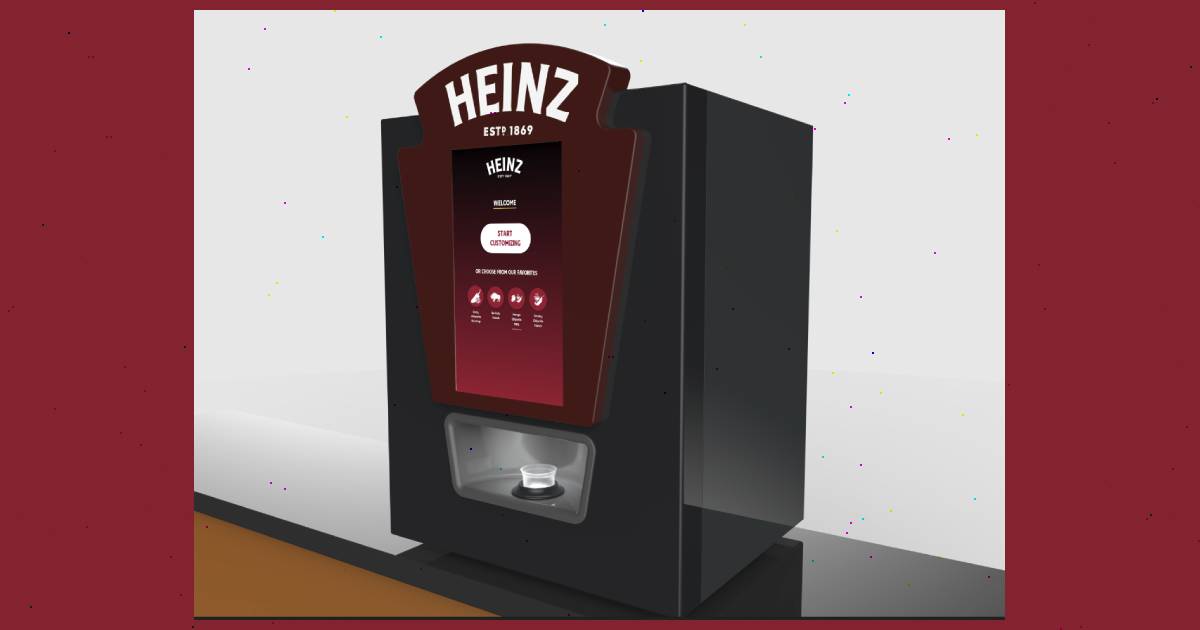Licensing’s Appetite for Food Service

By Mark Seavy
Companies looking to launch new brand strategies are testing them on food service before deciding whether to expand to retail.
Coca-Cola Co. and Kraft Heinz, for example, are installing multi-ingredient or multi-brand dispensers that give their products equal billing before deciding which items should be brought to retail. And, by installing these dispensers in stadiums, restaurants, and other facilities with high consumer traffic, the companies are also gaining wider brand exposure.
Kraft Heinz launched jalapeno, smoky chipotle, buffalo, and mango flavors with low, medium, and high intensity levels across a number of brands, including Heinz ketchup, 57 sauce, ranch dressing, and Philadelphia Cream Cheese spread.
As a result of this type of testing, brands like A.1. Sauce have expanded into the dairy aisle with A.1. Steakhouse butter, its first venture outside the steak sauce category in five years. And Philadelphia Cream Cheese moved into the baking aisle in September with 16-ounce tubs of frosting. These new products are part of an effort to generate $2 billion in incremental sales annually by 2027, Kraft Heinz executives said.
“There are many brands in our portfolio that have equities which translate well to licensing and often create opportunities for more ‘commercially viable’ products that can sit at retail long term, either seasonally or year-round as more of a novelty play,” said Charter Foster, Senior Manager for Licensing at Kraft Heinz. “The goals and objectives there are different, as it’s more of a general marketing effort to increase touch points, extend our reach into new aisles, and strengthen brand relevance.”
Coca Cola Co., meanwhile, has installed Freestyle machines in food service locations that can dispense virtually all of its products, from core brands like Coca Cola and Sprite to smaller brands like Peace Tea, Powerade, and Barq’s soda. The greater deployment of its brands has led Coke to venture into new categories, like the beverage giant’s venture with Jack Daniels to launch a Jack and Coke canned whiskey cocktail. Coca Cola also has a licensing deal with Ferrero Group for Spite-flavored Tic Tacs.
This strategy of testing of new ingredients and products through food service has extended to vending machines, something that is being deployed by dozens of companies in high-traffic areas. Domino’s, for example, launched a vending machine in Lyon, France last year, while PizzaForno introduced one in Rancho Cordova, CA that can make up to 70 12-inch pizzas at a time. And Krispy Crème has been installing vending machines near production shops and doughnut factories so they can be restocked daily while also allowing for experimentation with different flavors and combinations.
“The companies are all betting big, and will continue to do so in this space,” a licensing executive said. “We see the horizon of this business for the next 10 years, not just here in North America but globally, as one that is about growth and that is about putting our brands in people’s hands every single day. Deploying our brands in food service is just another means for getting them [to] a broader audience.”




